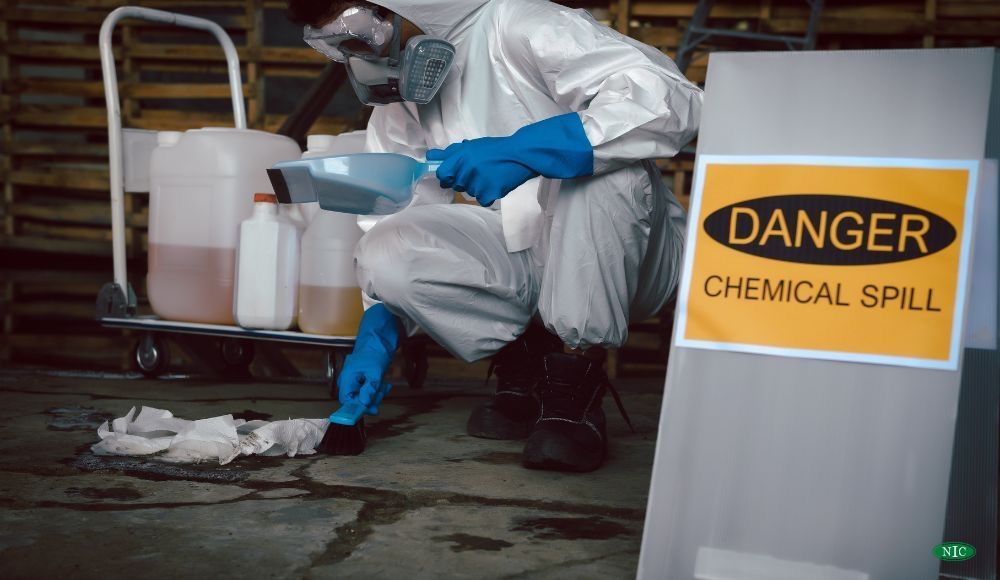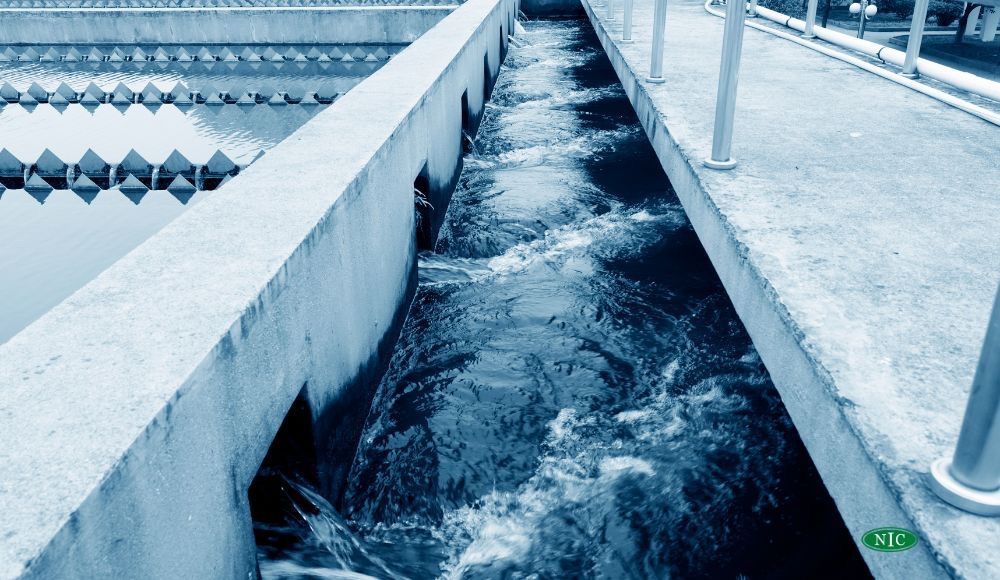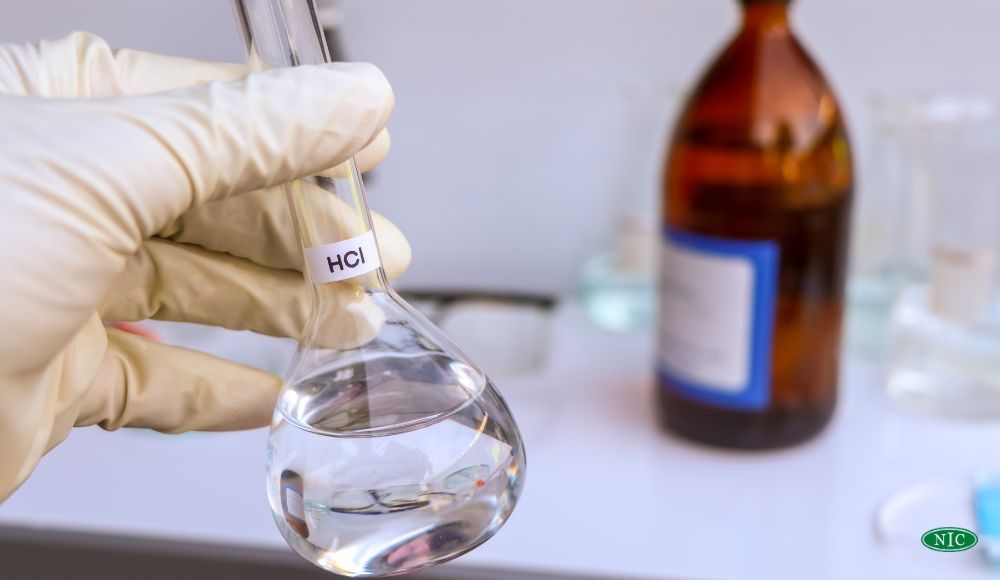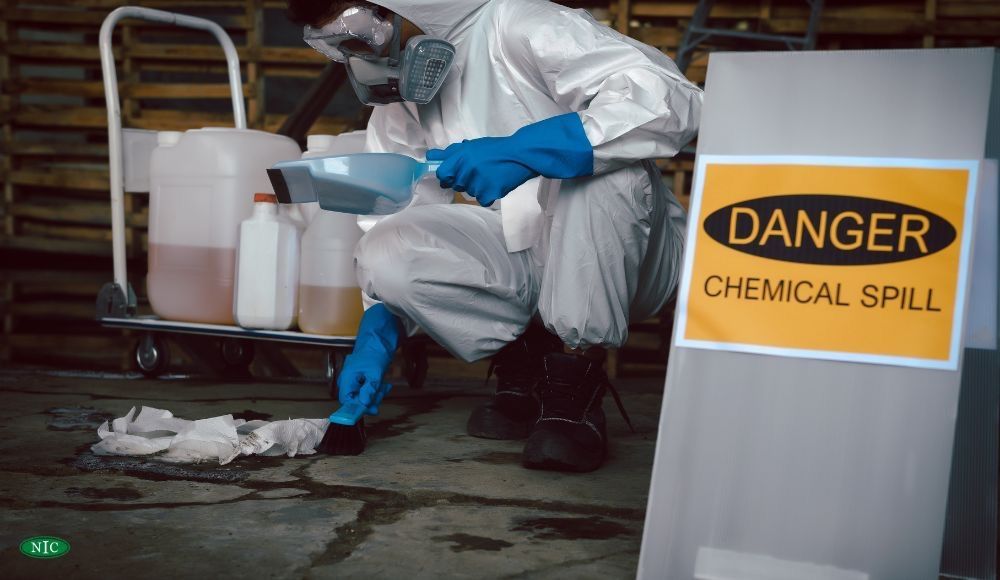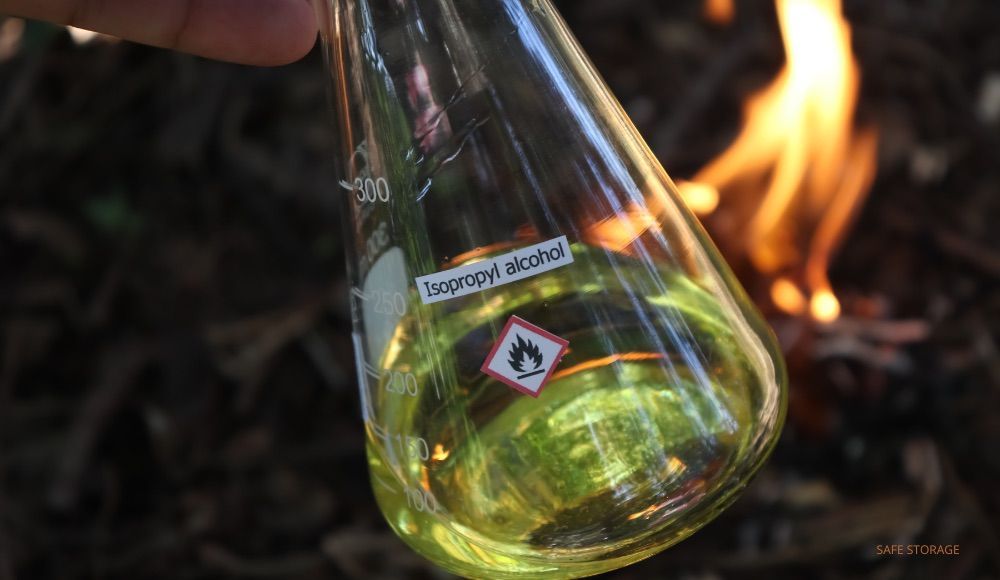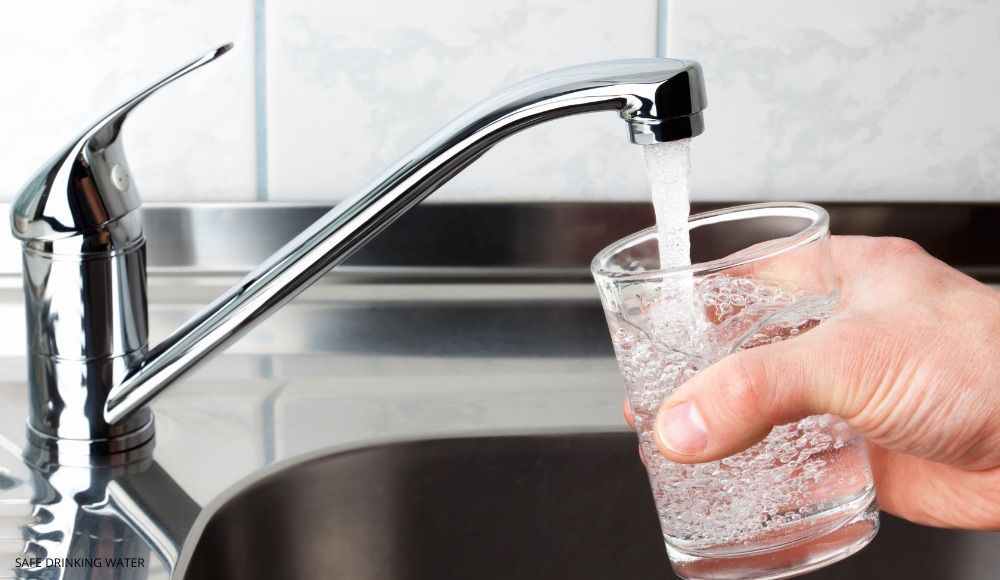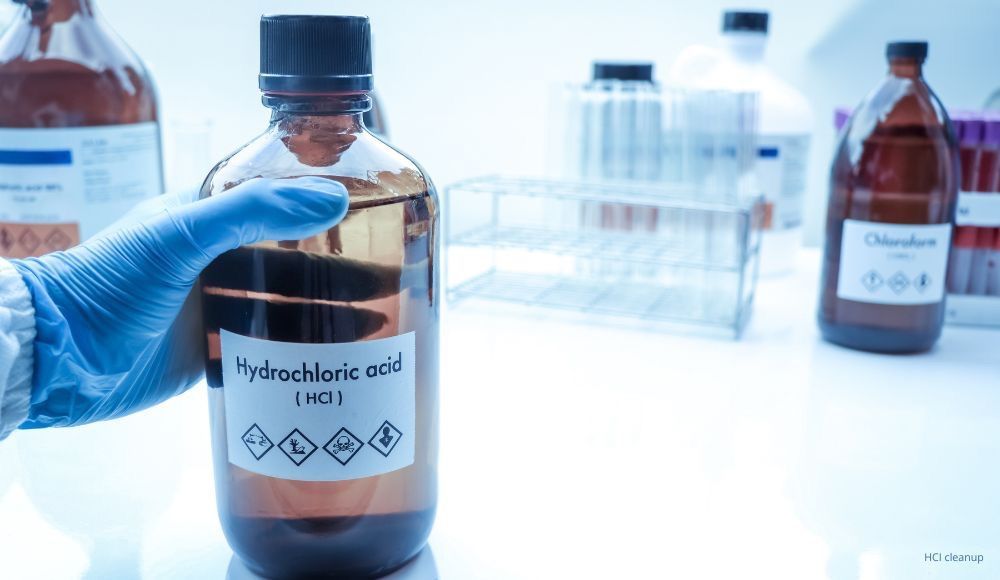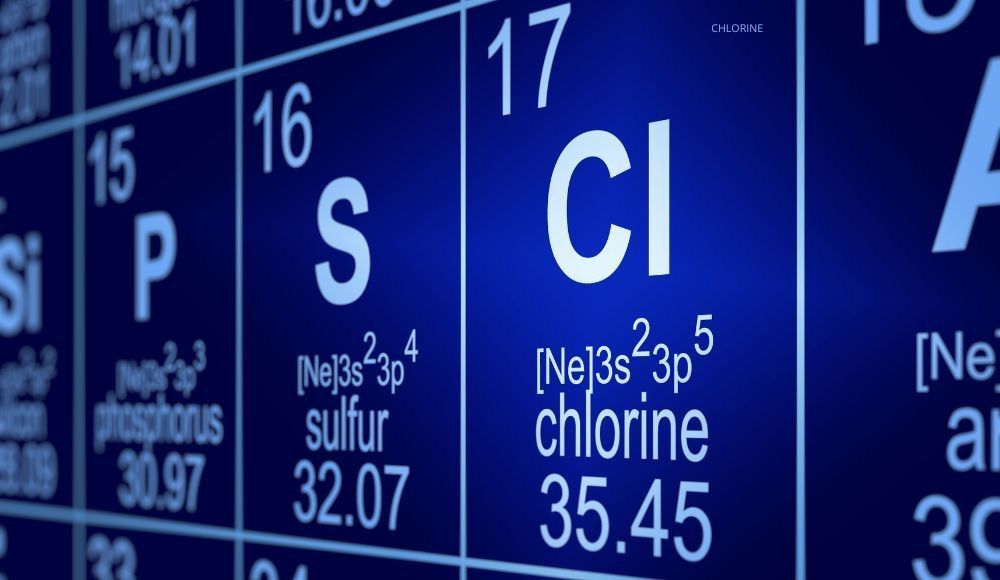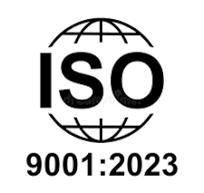Absorbent Granules: A Simple Guide for Proper Disposal
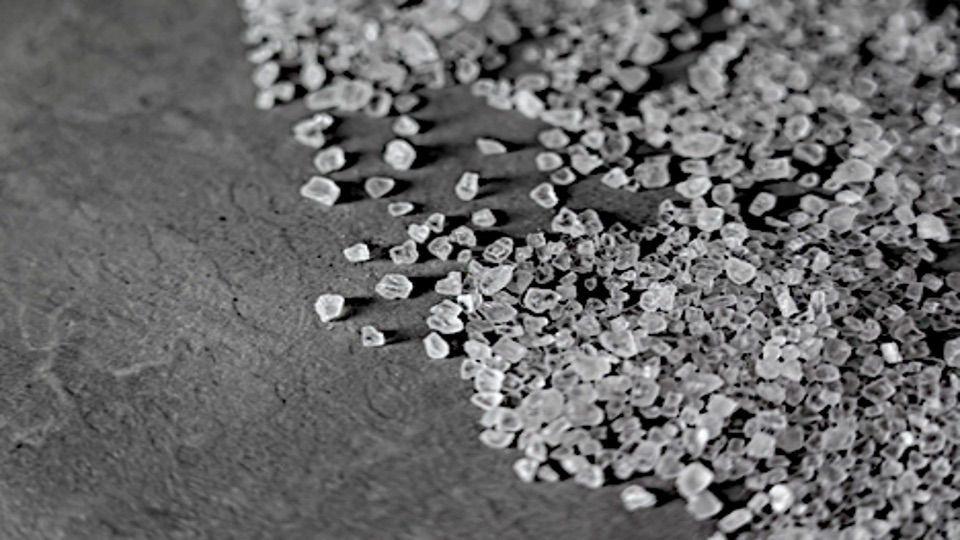
In industrial waste management, absorbent granules play a crucial role in any cleanup operation. Absorbent granules, also known as absorbent materials, are porous substances designed to soak up and retain various liquids, including water, chemicals, and oils. Absorbent granules possess key characteristics that make them invaluable in the industrial setting, such as high absorbency, non-toxicity, versatility, and ease of disposal. If you are wondering how to dispose of absorbent granules, here is what you need to know.
How Do You Properly Dispose of Absorbent Granules?
The first rule of proper disposal of absorbent granules involves allowing them to fully absorb the spilled material. Once this is done, you can dispose of the used granules according to your local waste regulations. You should determine if the used absorbent is hazardous or not, which will inform how you dispose of the absorbent granules.
For example, if the waste is determined to be hazardous, and the absorbent was used to clean up hazardous material or a waste spill, this needs to be treated as hazardous waste. If the material is non-hazardous, for example, oily spills, you can store this in a leak-proof container, ensuring that no free liquid is present, and you can dispose of it as municipal waste.
How Do You Get Rid of Oil Absorbent Pads Safely?
If you want to learn how to dispose of oil absorbent pads, according to the Department of Natural Resources (DNR), absorbents can be disposed of in a landfill as long as there is no free-flowing oil remaining in the absorbent, and the materials are not classified as hazardous by your state or local government.
Absorbents are not hazardous in their natural form and, therefore, can be disposed of in solid waste landfills. But when they absorb oil, you need to determine if that oil is toxic or not. You must note hazardous waste characteristics to ensure you are complying with federal standards. When handling and disposing of used oil, the EPA (Environmental Protection Agency) will demand particular standards.
Many local municipalities and landfills have specific requirements that can overpower federal rules, so it's important to take responsibility and know these rules. For example, in some states, all oil-soaked absorbents are classified as hazardous materials and, therefore, must be considered hazardous waste.
How to Dispose of Absorbent Materials in an Eco-Friendly Manner
According to the EPA, there are a number of sustainable methods of absorbing disposal:
- Energy Recovery:
If you have non-recyclable materials, the best course of action is to dispose of them through the energy recovery process, which turns single-use absorbents into heat, fuel, or electricity through techniques such as anaerobic digestion, combustion, and gasification. This will minimize carbon emissions, reduce reliance on fossil fuels, and cut down on methane generation in landfills. - Recycle Absorbent Materials:
You can collect used absorbents that have become waste materials and send them to a facility that will turn them into raw materials. - Reuse Absorbent Materials:
Reusable pads and rags can reduce pollution caused by absorbing disposal and save costs compared to single-use absorbents.
How Can You Responsibly Dispose of Oil-Soaked Absorbents?
To do this effectively, you could benefit from following these general guidelines:
- Determine if the waste is hazardous, and the absorbents contaminated with hazardous waste need to be characterized prior to disposal. You can find more information about the waste characterization process
on the EPA website and once you are certain the absorbents contain used oil only, you can dispose accordingly.
- If the absorbent contains free liquid oil, it must be handled according to used oil management standards. If you need to determine if free liquids are present, you can conduct a
paint filter test, which involves placing a small amount of the absorbent in a conical paint filler for five minutes, and if any liquid seeps through the filter and drips, free liquids are classed as present.
- If you are going to reuse the absorbent, you can store it for future use or remove oil from the absorbent before storage, such as by squeezing it out.
What Are the Environmentally Conscious Ways to Discard Absorbent Granules?
When cleaning up any spill, it's important to make sure the absorbent material does not pose an ecological threat. Discarding absorbent granules in an environmentally conscious manner involves following local guidelines for hazardous waste disposal and, where feasible, prioritizing recycling or reuse. It's also essential to ensure the granules are fully saturated before disposal to minimize contamination.
What Are the Best Practices for Disposing of Oil Absorbent Pads?
When disposing of oil absorbent pads, the best practice is to saturate them completely with the oil or hydrophobic (water-repellent) material they've absorbed. Storing them in containers designed for hazardous waste is a priority. It's pivotal to follow the local waste management regulations to ensure proper disposal.
Other Methods of Disposing of Granular Absorbents
After soaking up a spill, use a broom to sweep and collect the granular materials and place them in an appropriate waste receptacle. Depending on the liquid or the chemical spill, it's possible to incinerate products, which can help reduce your business waste disposal expenses and minimize the chance of chemicals leaching into landfills.
There are different types of granular absorbents, and each type has its absorbency properties and applications. These include corn cob, peat moss, super sorbent, and specialty absorbents used to clean up chemical spills, acids, and bodily fluids.
In Summary
It is vital that you dispose of absorbent granules safely and effectively. While overshadowed in discussions about industrial waste management, absorbent granules are indispensable in maintaining cleanliness, safety, and a responsibility to the environment. Understanding how to use them, but also how to dispose of them, is a crucial step forward in industrial waste management.
Contact Us
If you require any more support or information, please contact North Industrial Chemicals. Our friendly experts provide a variety of solutions to ensure that you can dispose of your waste safely and ethically. We also supply a wide range of industrial chemicals to meet most any purpose from parts cleaning to wastewater management.
